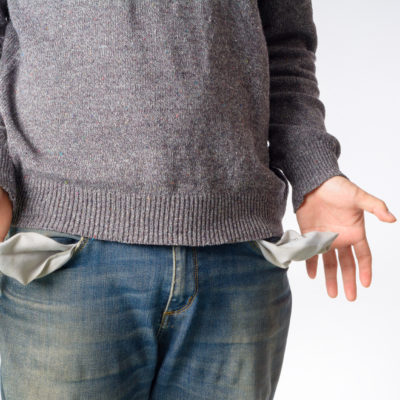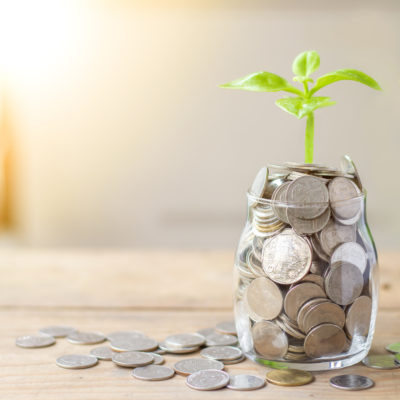To some, owning a property is the most exciting and important purchase of their life, to others, it’s a route of endless repairs bills and lifelong debt. But are the negatives of taking on a mortgage really enough to keep you in paying rent if you have the option?
“Stay in rented, let your landlord pick up the repairs bills”
A comment an old friend of mine once said to me when I questioned his reasoning for not wanting to buy a house, and something I’ve heard from a good number of people over the years. Sure, not needing to worry if you have the spare money to hand when the boiler goes bang is a luxury we would all rather have than not, but is that really a good enough reason?
The freedom to move to something new when you fancy a change and in a lot of cases, rent a property that you may not otherwise be able to afford, are both huge positives of renting. Having a mortgage is a huge responsibility and for some, being tied down can be very limiting, especially if you live life on a whim. London house prices have also been increasing rapidly over the last few years so the desire to live in a house that may be beyond your budget is certainly appealing – although as the old adage goes, cheaper is not always better.
“Stop paying someone else’s mortgage off and get on the ladder”
The opposing view and one almost everyone in the housing industry would likely agree with. Whilst renting is the only route for the vast majority of the population, the thought of optionally paying rent rather buying your own home can be a tough one for people to get their heads around.
The big worry we often see from first-time buyers is when there’s a lack of confidence in the housing market; if the papers aren’t reporting house price surges, they don’t want to buy and risk losing their life savings. Most of this stems from the idea that property is worth buying because house prices always go up, so if prices aren’t increasing, then surely buying is a bad idea, right? What most first-time buyers fail to see is that renting a property is a guaranteed, surefire way to lose money. The rent they pay to a landlord is never coming back, whereas if they had owned property, that property could be worth the same money in 2 years’ time, and even if it does fall by a few % that lose would be offset against the mortgage paid off as opposed to rent paid out that’s gone forever.
To put this into perspective, the average rental runs for 2 years, which is also the most common fixed period a first time buyer may go for on their mortgage. During these 2 years, and assuming a rental of £1,200pcm for a 1 bedroom flat, you would be paying just under £30,000 in rent – that’s £30,000 into your landlords pocket and in most cases, off their mortgage.
Over the same 2-year period, let’s say you bought that same 1 bed for £300,000, a mortgage will be around £1,100 a month if we factor an average deposit size and typical mortgage rate. Over that same period of paying £30,000 to your landlord, you would be paying just short of £28,000 towards your own mortgage. OK, not all of that is money off the mortgage as the interest is obviously lost money, but you would be chipping away at your own mortgage rather than your landlords. Money off your mortgage is money in the bank when you come to sell so even if the property was worth the same money when you come to sell, it’s been one big saving pot and you’re laying down the roots for your future.
Last word
If you want the freedom of moving around and going travelling around the world, owning property may not be for you. However, if you wanting to start building for the future and have a job that will keep you in one place for the foreseeable, I would really suggest that you stop chipping away at your landlords mortgage and get your own. Who knows, in years to come maybe you could be a landlord and could have someone paying off your mortgage for you.
“ Written by Alex Gilbert, Hither Green”
Stanford Estates

